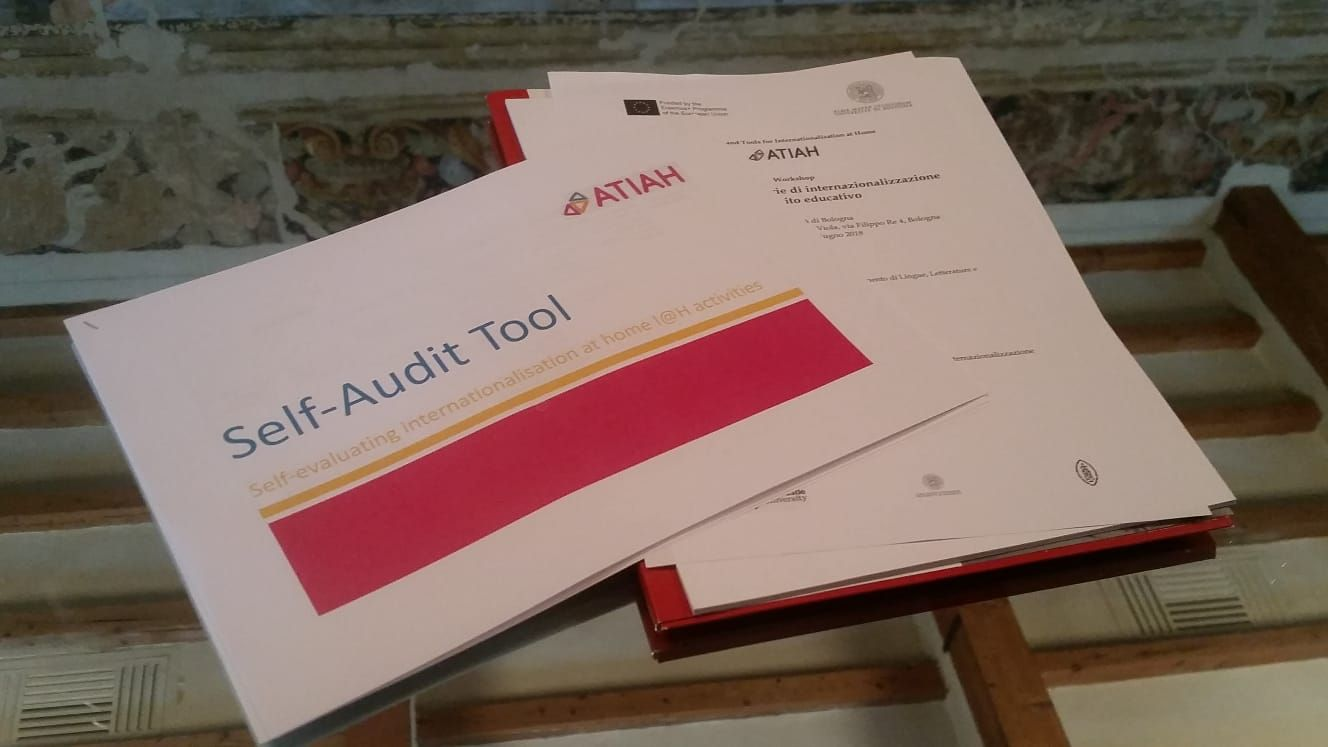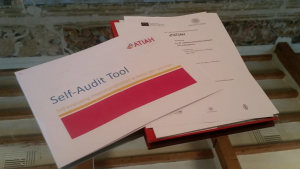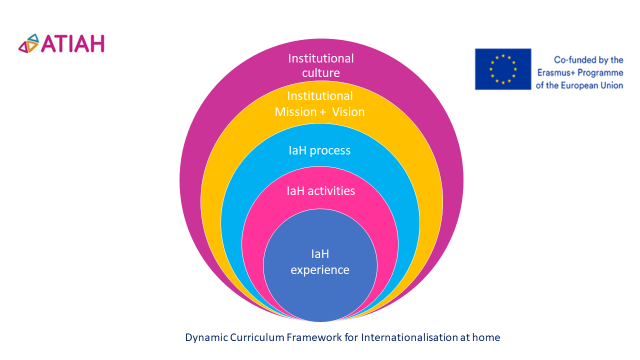By Sue Robson, Emerita Professor, School of Education, Communication and Language Sciences
Internationalization has become a key strategic priority in higher education (HE), posing both critical challenges and development opportunities for universities. While many HE institutions have an internationalisation strategy, approaches to internationalisation vary enormously. The number of international students and staff on roll, and the number of ‘mobile’ students and staff engaged in international research and teaching collaborations are highly regarded and prestigious indicators of quality and prestige in higher education institutions (Wihlborg and Robson, 2017).
Increasingly, however, universities are seeking to develop more inclusive approaches that enable all students and staff -and particularly the non-mobile majority – to experience the underlying social, academic and intercultural learning benefits of an ‘internationalised university experience‘ (Robson, Almeida and Schartner, 2018). One of the developing areas of interest for research and practice into the internationalization of higher education is the concept of Internationalization at Home (Almeida et al., 2018). This was the focus for the Approaches and Tools for Internationalisation at Home (ATIAH) Erasmus+ Strategic Partnerships Project. Internationalisation at Home is one of the Key Priority Areas of the European Commission’s Communication “European HE in the World”: ‘Promoting internationalisation at home and digital learning’ (COM/2013/499).
The ATIAH Project brought together a partnership of three leading European universities: Newcastle University, University of Bologna, and KU Leuven with interdisciplinary research perspectives from the fields of International Education, Intercultural Communication, Modern Languages, and Engineering Technology. The Project team set out to gather the perspectives of staff and students across these and other European institutions, on their experiences of Internationalisation at Home and to gather examples of innovative practice. The findings, together with a literature review, informed the development of materials to assist HE institutions to review, develop and communicate their approaches to Internationalisation at Home.
The project produced three resources:
- a Self- audit Tool for higher education institutions seeking to review and develop their policies and practices for Internationalisation at Home. It provides a flexible frame of reference for self-audit or inter- institutional evaluation and benchmarking.
- a multilingual Curriculum Framework for ‘internationalising your university experience’, to serve as a flexible template that can be tailored to the review of curriculum at institutional, programme or module levels
- a multilingual professional Evidence Framework for evidencing and communicating advances and achievements in Internationalisation at Home.
The resources are freely available to interested institutions and individuals on the ATIAH Project website https://research.ncl.ac.uk/atiah/outputs/
A key achievement of the ATIAH Project has been the engagement of a broad range of HE students and staff in dialogue around the Internationalisation at Home agenda. After a series of national events in the partner countries, the Project final conference took place at the EURAC Research Centre, Italy on September 8th 2018. Participants from higher educational organisations in Brazil, Italy, Belgium, Finland, Denmark, Germany, Lithuania, the Netherlands, Slovenia, Sweden, and the United Kingdom attended the event. Participants agreed that this discussion is timely: learning foreign languages, having access to staff with international experience, learning with peers from other countries and cultures, and engaging in ‘virtual mobility’ via online learning can help to develop the knowledge, skills, and competencies necessary for socially responsible participation in culturally diverse societies (Robson, Almeida and Schartner, 2017) and a globally integrated economic environment (Beelen and Jones 2015).
The Project team are keen to continue the dialogue and to hear about innovations in Internationalisation at Home. We would welcome feedback from individuals and organisations on the ATIAH project resources.
Twitter @ATIAH09518571
Email Sue.robson@ncl.ac.uk
Almeida, J., Robson, S. Morosini, M., Baranzeli, C. (2018) Understanding Internationalization at Home: Perspectives from the Global North and South. European Educational Research Journal, 1–18 2018 DOI:10.1177/1474904118807537
Beelen, J.& Jones, E. (2015) Defining ‘internationalization at home’. University World News, Issue 393, 04 Dec 2015.
Lumby, J. and Foskett, N. (2015) Internationalization and Culture in Higher Education Educational Management Administration & Leadership 44(1) 95–111
Robson, S., Almeida, J. & Schartner, A. (2017): Internationalization at Home: time for review and development? European Journal of Higher Education DOI:10.1080/21568235.2017.1376697
Wihlborg, M. & Robson, S. (2017): Internationalisation of higher education: drivers, rationales, priorities, values and impacts, European Journal of Higher Education DOI: 10.1080/21568235.2017.1376696



